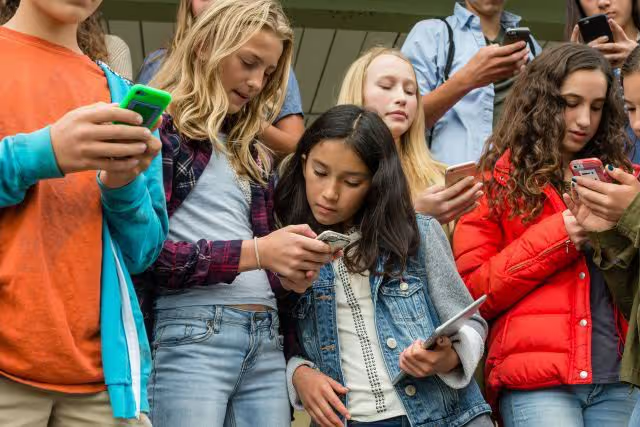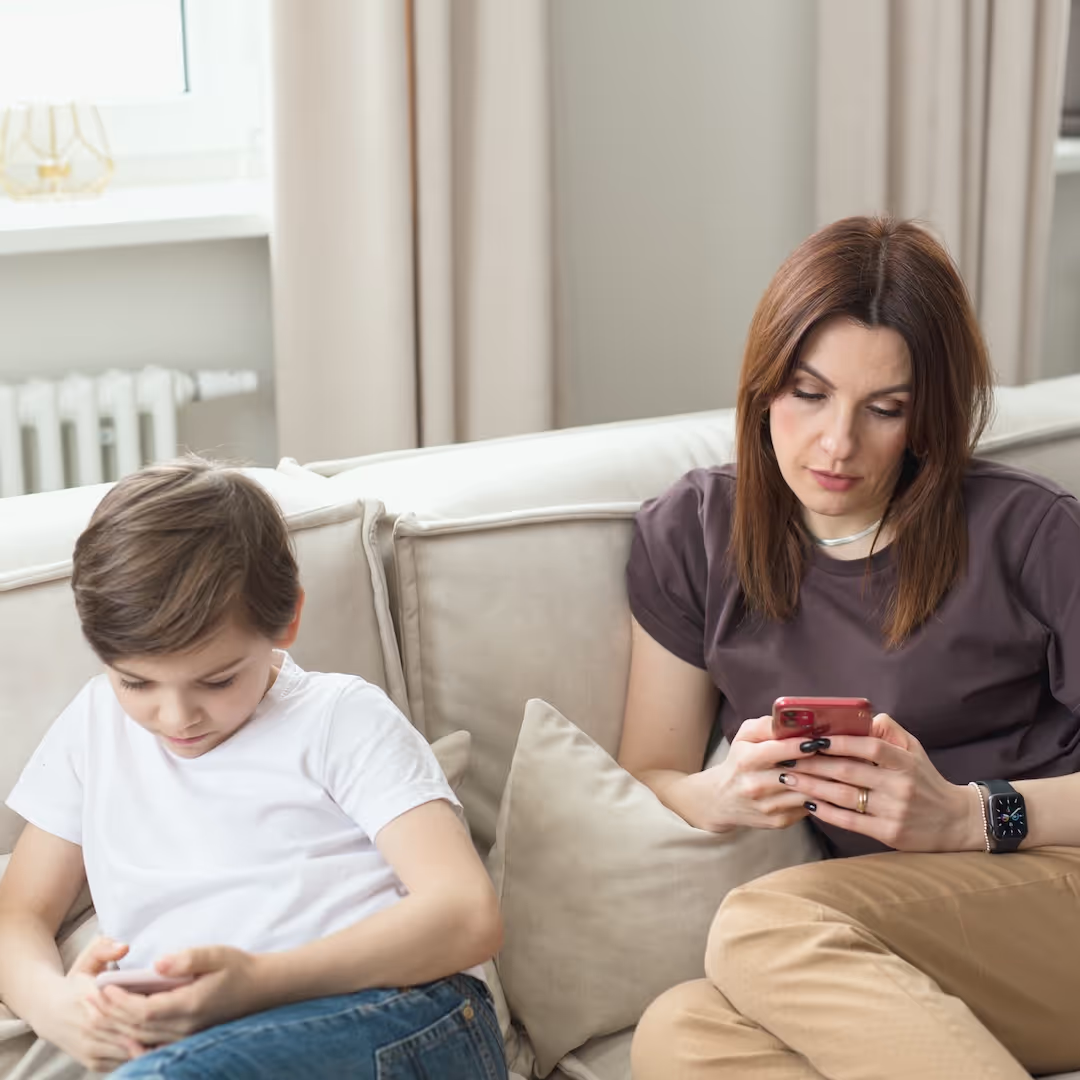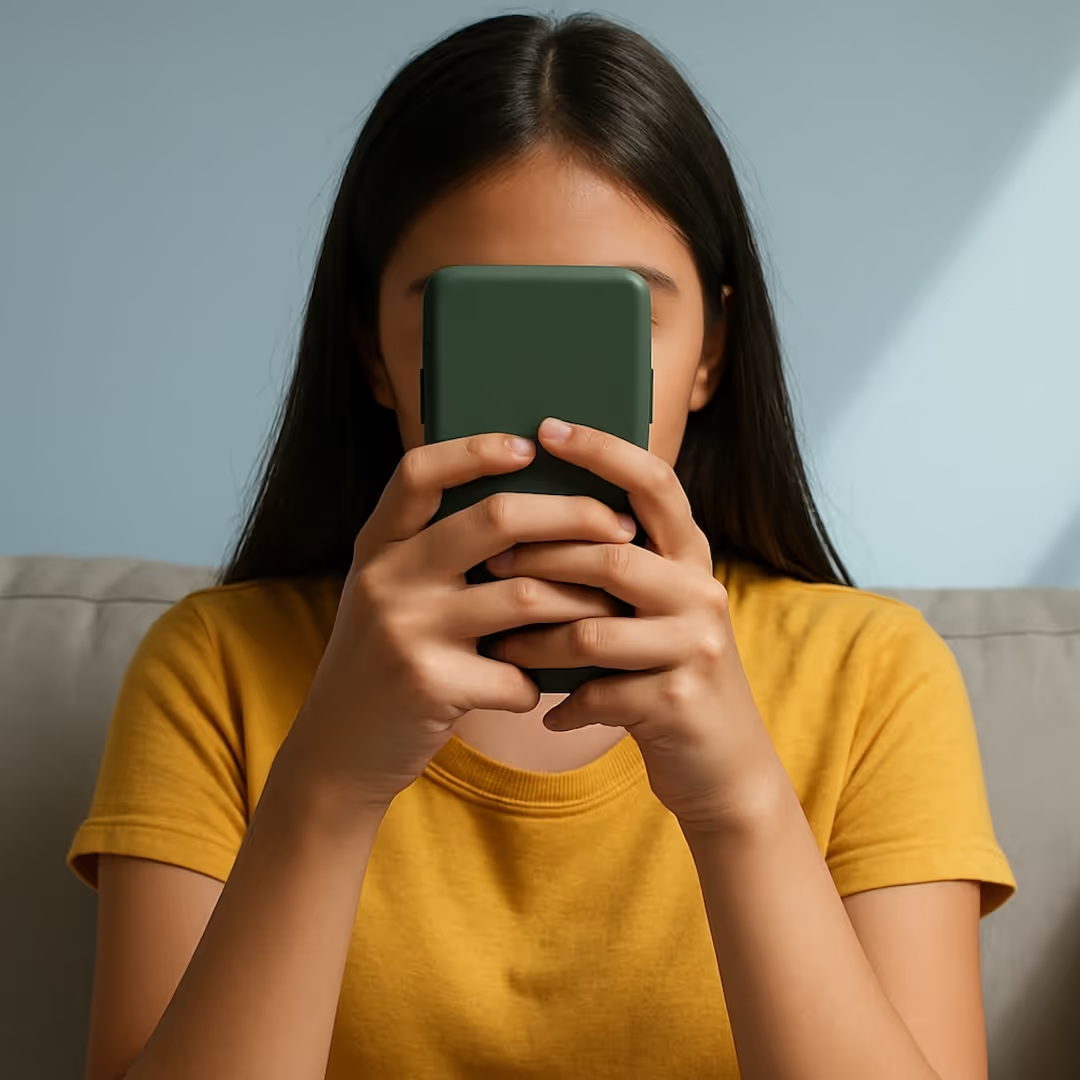


This recent UCLA study about what happens in a teens’ brain when they get a “like” on their photo is very interesting. The researchers looked at brain scans of teenagers while they were looking at “neutral” photos, such as friends having innocent fun, and “risky” photos, that included photos of teens drinking alcohol and wearing sexy clothes.
When teens saw photos with more likes, they were significantly more inclined to like the photo, as well. Does this mean that are kids are spending less time in life trying to form their own opinions? Kids have always been impacted by their peers, but as Lauren Sherman, one of the researchers, noted:
“In the past, teens made their own judgments about how everyone around them was responding, When it comes to likes, there’s no ambiguity.”
In this same study they found that when teenagers looked at risky photos compared with neutral photos, they had less activity in areas associated with “cognitive control.” When the teenagers saw pictures that showed risky behavior, it decreased activity in the regions of their brain that are responsible for putting on the brakes. The real life implications of this have not been fleshed out in studies, but clearly it is important to discuss with our kids.
Learn more about showing our movies in your school or community!
Join Screenagers filmmaker Delaney Ruston MD for our latest Podcast

Learn more about our Screen-Free Sleep campaign at the website!
Our movie made for parents and educators of younger kids
Learn more about showing our movies in your school or community!
Learn more about showing our movies in your school or community!
Join Screenagers filmmaker Delaney Ruston MD for our latest Podcast

Learn more about our Screen-Free Sleep campaign at the website!
Our movie made for parents and educators of younger kids
Join Screenagers filmmaker Delaney Ruston MD for our latest Podcast
As we’re about to celebrate 10 years of Screenagers, we want to hear what’s been most helpful and what you’d like to see next.
Please click here to share your thoughts with us in our community survey. It only takes 5–10 minutes, and everyone who completes it will be entered to win one of five $50 Amazon vouchers.
This recent UCLA study about what happens in a teens’ brain when they get a “like” on their photo is very interesting. The researchers looked at brain scans of teenagers while they were looking at “neutral” photos, such as friends having innocent fun, and “risky” photos, that included photos of teens drinking alcohol and wearing sexy clothes.
When teens saw photos with more likes, they were significantly more inclined to like the photo, as well. Does this mean that are kids are spending less time in life trying to form their own opinions? Kids have always been impacted by their peers, but as Lauren Sherman, one of the researchers, noted:
“In the past, teens made their own judgments about how everyone around them was responding, When it comes to likes, there’s no ambiguity.”
In this same study they found that when teenagers looked at risky photos compared with neutral photos, they had less activity in areas associated with “cognitive control.” When the teenagers saw pictures that showed risky behavior, it decreased activity in the regions of their brain that are responsible for putting on the brakes. The real life implications of this have not been fleshed out in studies, but clearly it is important to discuss with our kids.
Sign up here to receive the weekly Tech Talk Tuesdays newsletter from Screenagers filmmaker Delaney Ruston MD.
We respect your privacy.
This recent UCLA study about what happens in a teens’ brain when they get a “like” on their photo is very interesting. The researchers looked at brain scans of teenagers while they were looking at “neutral” photos, such as friends having innocent fun, and “risky” photos, that included photos of teens drinking alcohol and wearing sexy clothes.
When teens saw photos with more likes, they were significantly more inclined to like the photo, as well. Does this mean that are kids are spending less time in life trying to form their own opinions? Kids have always been impacted by their peers, but as Lauren Sherman, one of the researchers, noted:
“In the past, teens made their own judgments about how everyone around them was responding, When it comes to likes, there’s no ambiguity.”
In this same study they found that when teenagers looked at risky photos compared with neutral photos, they had less activity in areas associated with “cognitive control.” When the teenagers saw pictures that showed risky behavior, it decreased activity in the regions of their brain that are responsible for putting on the brakes. The real life implications of this have not been fleshed out in studies, but clearly it is important to discuss with our kids.

It feels like we’re finally hitting a tipping point. The harms from social media in young people’s lives have been building for far too long, and bold solutions can’t wait any longer. That’s why what just happened in Australia is extremely exciting. Their new nationwide move marks one of the biggest attempts yet to protect kids online. And as we released a new podcast episode yesterday featuring a mother who lost her 14-year-old son after a tragic connection made through social media, I couldn’t help but think: this is exactly the kind of real-world action families have been desperate for. In today’s blog, I share five key things to understand about what Australia is doing because it’s big, it’s controversial, and it might just spark global change.
READ MORE >
I hear from so many parents who feel conflicted about their own phone habits when it comes to modeling healthy use for their kids. They’ll say, “I tell my kids to get off their screens, but then I’m on mine all the time.” Today I introduce two moms who are taking on my One Small Change Challenge and share how you can try it too.
READ MORE >
This week’s blog explores how influencers and social media promoting so-called “Healthy” ideals — from food rules to fitness fads — can quietly lead young people toward disordered eating. Featuring insights from Dr. Jennifer Gaudiani, a leading expert on eating disorders, we unpack how to spot harmful messages and start honest conversations with kids about wellness, body image, and what “healthy” really means.
READ MORE >for more like this, DR. DELANEY RUSTON'S NEW BOOK, PARENTING IN THE SCREEN AGE, IS THE DEFINITIVE GUIDE FOR TODAY’S PARENTS. WITH INSIGHTS ON SCREEN TIME FROM RESEARCHERS, INPUT FROM KIDS & TEENS, THIS BOOK IS PACKED WITH SOLUTIONS FOR HOW TO START AND SUSTAIN PRODUCTIVE FAMILY TALKS ABOUT TECHNOLOGY AND IT’S IMPACT ON OUR MENTAL WELLBEING.
